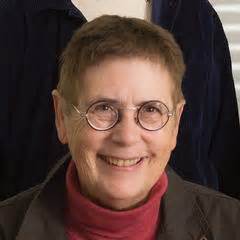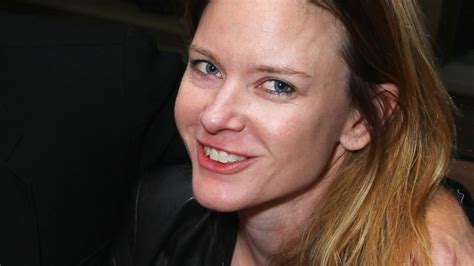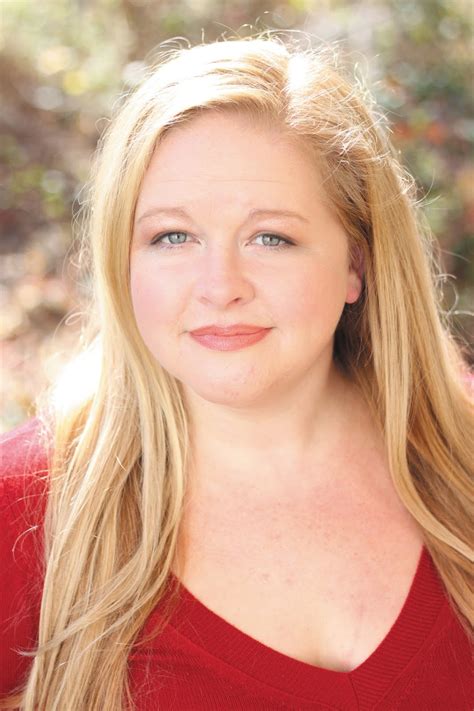A Quote by Jane Fonda
Women are rising. And I think that's all the violence and war - it could be the last gasp of the patriarchy, actually.
Related Quotes
The first act of violence that patriarchy demands of males is not violence toward women. Instead patriarchy demands of all males that they engage in acts of psychic self-mutilation, that they kill off the emotional parts of themselves. If an individual is not successful in emotionally crippling himself, he can count on patriarchal men to enact rituals of power that will assault his self-esteem.
My approach to violence is that if it's pertinent, if that's the kind of movie you're making, then it has a purposeI think there's a natural system in your own head about how much violence the scene warrants. It's not an intellectual process, it's an instinctive process. I like to think it's not violence for the sake of violence and in this particular film, it's actually violence for the annihilation of violence.
Patriarchy is not men. Patriarchy is a system in which both women and men participate. It privileges, inter alia, the interests of boys and men over the bodily integrity, autonomy, and dignity of girls and women. It is subtle, insidious, and never more dangerous than when women passionately deny that they themselves are engaging in it.
You see, feminists don't really like to define the Patriarchy. They prefer to keep it nebulous and amorphous so they can conveniently blame it for everything that goes wrong in their lives. Not being paid enough? Patriarchy! Not getting a promotion? Patriarchy! Too many catcalls? Patriarchy! Too few catcalls? Patriarchy!
There is so much pressure on women to be heterosexual, and this pressure is both so pervasive and so completely denied, that I think heterosexuality cannot come naturally to many women: I think that widespread heterosexuality among women is a highly artificial product of the patriarchy. . . . I think that most women have to be coerced into heterosexuality.
I read "Women Heroes of World War I" and was absolutely astonished. When we imagine women serving in the First World War, mostly we think of Red Cross nurses, but here I was reading about women serving as front-line soldiers, women serving as war journalists . . . and women who worked undercover as spies.
I'm so sick of seeing guns in movies, and all this violence; and if there was going to be violence in Pines, I wanted it to actually be narrative violence. I wasn't interested in fetishizing violence in any way of making it feel cool or slow-motion violence. I wanted it to be just violence that affected the story.
It was Harry Patch, who was the last living World War I veteran; and by veteran I mean someone who actually fought in the war, he didn't just happen to be in the army at that time, in the Great War. And when the Iraq War started, he was interviewed, and they said, well what do you think of this? And he said, in a very sad voice, "Well, that's why my mates died. We thought we were going to end all that sort of thing."




































